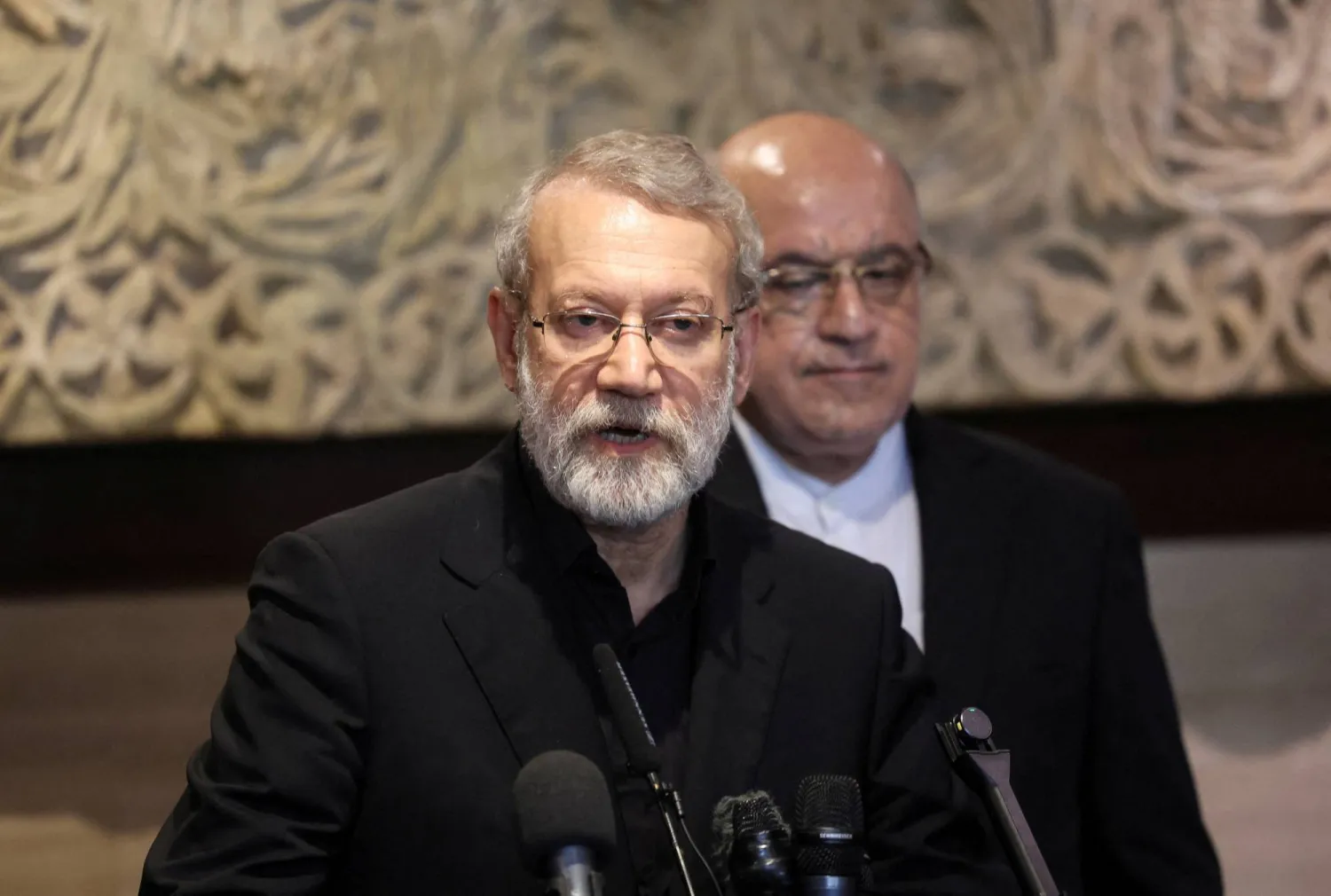Israel's Foreign Minister Yair Lapid said on Monday that “Israel will not allow Iran to become a nuclear threshold country."
Lapid said Israel presented its allies with "intelligence that proves Iran is deceiving the world in a completely systematic way."
"All Iran cares about is that sanctions are lifted, and billions of dollars are poured into its nuclear program, Hezbollah, Syria, Iraq, the terrorist network they have deployed around the world," Lapid told the Foreign Affairs and Defense Committee, according to a press release.
“Stopping Iran’s nuclear program is the primary challenge for Israeli foreign and security policy,” he stressed.
“In recent months, we’ve engaged in an intensive dialogue with all the countries involved in these negotiations. Naturally, primarily with the United States, but not only. I’ve traveled to Moscow, Paris, London, and of course, Washington.
We have told everyone clearly: Israel will not let Iran become a nuclear threshold state.
Certainly, we prefer to act through international cooperation, but if necessary – we will defend ourselves, by ourselves,” he underscored.
Lapid warned that Israel is prepared to act alone against Iran if needed as nuclear talks resume.
"A good agreement is good. We oppose an agreement that does not allow for real oversight... of the Iranian nuclear program."
Vice Admiral Eliezer Marom said in this regard that Israel “has the ability to attack Iran, and will soon have no other choice because the proverbial sword is almost on its neck. It appears this moment is fast approaching.”
In an opinion piece published in Israel Hayom newspaper, Marom wrote “We cannot rely on American military intervention, which most likely will not come.”
He added that the Israeli Army “must receive a clear directive from the Israeli government, which defines the objective: Significant and devastating damage to Iran's nuclear program; and the target date: fall of 2022.”
Marom continued that despite the difficulties, it seems the time has come for the Israeli Army “to prepare a strike plan in conjunction with the country's intelligence services.”
He noted that the army “is capable of hitting Iran's nuclear program. The plan should be diverse, include elements that will catch the Iranians off guard, and inflict heavy damage on their nuclear facilities and air defenses.”









